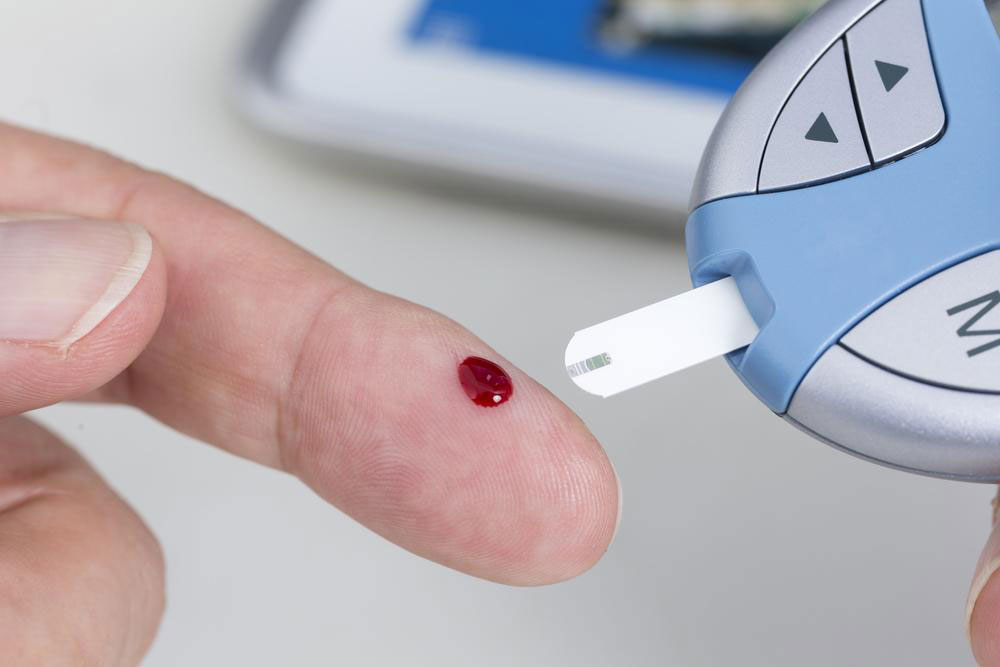Top 5 External Factors Contributing to High Blood Pressure
Discover five key external factors that contribute to high blood pressure, including lifestyle choices such as smoking, alcohol intake, unhealthy eating, obesity, and inactivity. Understanding these causes can help individuals make informed lifestyle changes to manage their blood pressure effectively. Staying aware of external influences empowers you to take proactive steps towards better cardiovascular health in today’s fast-paced world.

The modern world’s hectic lifestyle and societal pressures often leave individuals exhausted both physically and emotionally. Our relentless pursuit of material success and the desire for luxury goods have turned life into a continuous race, impacting our health. Many believe stress alone causes high blood pressure, assuming it resolves with a break from busy routines. However, understanding external influences is crucial for effective management. Some factors are inherited, but many are caused by lifestyle choices. Here are five external contributors to elevated blood pressure. Keep reading to learn more.
Smoking— Smoking damages blood vessels, leading to narrowing and increased blood pressure. It also reduces oxygen levels in the blood, forcing the heart to work harder, resulting in hypertension.
Alcohol Intake— Excessive drinking harms vital organs like the liver and kidneys and raises systolic blood pressure, increasing stroke risk.
Unhealthy Eating Habits— Consuming high-fat, processed foods can elevate blood pressure. Opt for foods rich in healthy fats like fish, nuts, and olive oil instead.
Overweight and Obesity— Being overweight causes resistance in blood vessels, which raises blood pressure levels.
Sedentary Lifestyle— Sitting for extended periods without physical activity significantly contributes to high blood pressure. Making positive lifestyle changes can help manage and prevent this condition.
Disclaimer: Our blog offers valuable insights based on research and data but should not replace professional medical advice. Information may vary and should be used as a guide for awareness and better health choices. We disclaim responsibility for discrepancies or additional resources. Stay informed and consult healthcare providers for personalized care.










